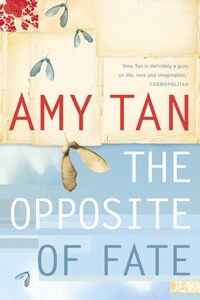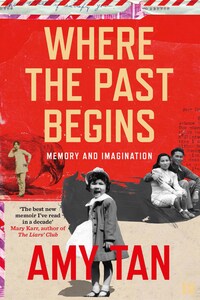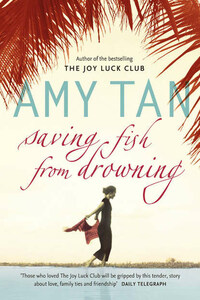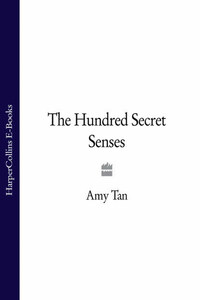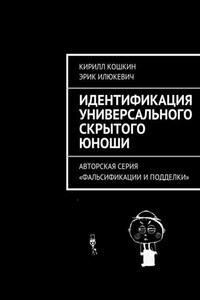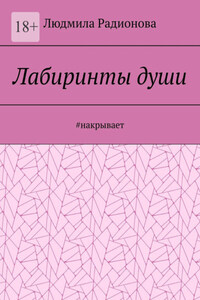These are musings on my life, including the metaphors I used as an eight-year-old child, sensing books as windows opening and illuminating my room, and the thoughts I had as I wrote my mother’s obituary, trying to sum up who she was and what legacy she had bequeathed to me.
I call this a book of musings because the writings are mostly casual pieces rather than formal essays. Some are long, versions of conversational talks I gave at universities. Others are short, particular to the desperate hour in which I wrote them, for example, the eulogy for my editor, the incomparable Faith Sale; or the e-mail sent to friends after an unexpected disaster resulting in my near-demise made the national news. There is also a love poem to my husband, which counts as my most difficult exercise in brevity.
I have included such longer pieces as my ruminations about the making of the film The Joy Luck Club. A reporter had faxed me questions, and I sent back the answers, written off the top of my head, ending with my wondering what would happen next; in a footnote, I explain what did. I offer as well a portion of my journal entries from a 1990 trip to China in which I was smothered in the bosom of family and had to acquiesce rather than follow my typical American ways. I offer it here for fun, and because it shows how nearly everything in my life turns into obsessive observation, images, questions, and if I am lucky, the beginnings of stories, however ragtag they may be. The last reflection in this book was written only recently, and for a fateful but hopeful reason.
Some of the pieces have ignominious origins. “Mother Tongue” was written hastily, as an apologia the night before I was to be on a panel with people far more erudite than I on the topic “The State of the English Language.” The speech was later published in The Threepenny Review and then selected for inclusion in the anthology The Best American Essays 1991—leading me to wonder whether all my essays should be written at two in the morning in a state of panic. A version of “Mother Tongue” has also been used for the Advanced Placement SAT in English; this unanticipated development delights this author to no end, since her score in the 400s on the verbal section of the SAT made it seem unlikely, at least in 1969, that she would even think of making her living by the artful arrangement of words.
In gathering these pieces for the book, I made a new realization, so obvious that I was stunned I had not seen the pattern a hundred times before. In all of my writings, both fiction and nonfiction, directly or obliquely but always obsessively, I return to questions of fate and its alternatives. I saw that these musings about fate express my idiosyncratic and evolving philosophy, and this in turn is my “voice,” the one that determines the kinds of stories I want to tell, the characters I choose, the details I decide are relevant. In my fictional stories, I have chosen characters who question what they should believe at different moments in their lives, often in times of loss. And while I never intended for the pieces in this current nonfiction book to explain my fiction, they do.
Thus, although each of these writings came about for its own reasons, collectively they hold much in common, and at times they overlap in my mention of ideas, people, and pivotal moments. They are musings linked by my fascination with fate, both blind and blessed, and its many alternatives: choice, chance, luck, faith, forgiveness, forgetting, freedom of expression, the pursuit of happiness, the balm of love, a sturdy attitude, a strong will, a bevy of good-luck charms, adherence to rituals, appeasement through prayer, trolling for miracles, a plea to others to throw a lifeline, and the generous provision of that by strangers and loved ones.
